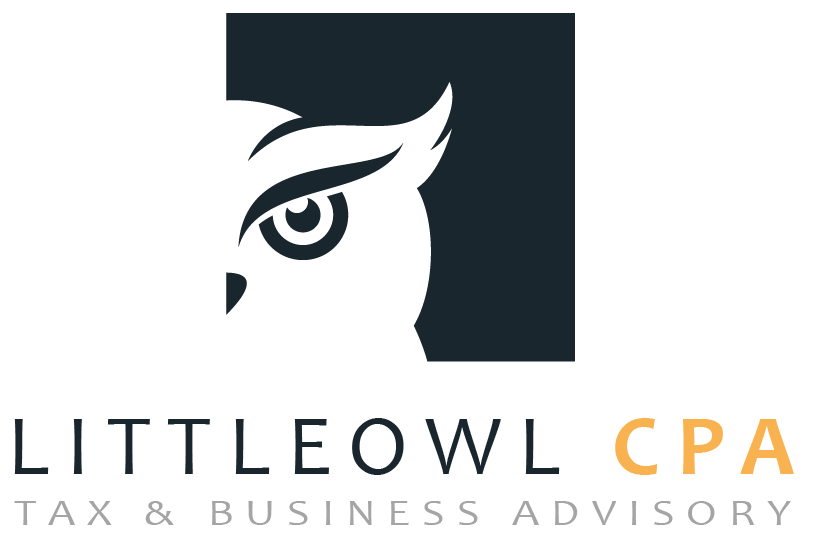A corporation must satisfy several requirements to be eligible for treatment as an S-Corporation for federal income tax purposes. However, qualification as an S-Corporation offers a potential tax benefit unavailable to a C corporation. If a qualifying corporation elects to be treated as an S-Corporation for federal income tax purposes, then the income, gains, deductions, and losses of the corporation are generally passed through to the shareholders. Thus, shareholders report the S-Corporation’s income, gains, deductions, and losses on their individual federal income tax returns, eliminating the potential for double taxation of corporate earnings in most circumstances.
Tax Advantage of S-Corporation
One of the advantages of S-Corporations over Partnership taxation is the owner’s ability to potentially limit self-employment taxes on their income. The IRS requires owners that provide services to the S-Corporation take a reasonable wage for their services. The profits of the business after taking into account the deduction for the owner-employee’s salary is not subject to self-employment taxes. Self-employment taxes are 15.3% on the first $147,000 of self-employment income in 2022 and are comprised of 12.4% Social Security tax and 2.9% Medicare tax. While there is a cap on the Social Security tax of 12.4%, there is no cap on the 2.9% Medicare tax. Additional Medicare taxes of .9% also apply once self-employment income exceeds $200,000.
Reasonable Compensation
Getting the S-Corporation salary right is important. If the owner-employee’s salary is too low, you run the risk of paying not only income taxes and self-employment taxes on the too-low amount, but also both payroll and income tax penalties that can be costly if audited. In most cases, the IRS is going to expand the audit to cover three years and then add the income and penalties for those three years.
There are multiple methods for determining reasonable compensation including:
- Market approach
- Income approach
- Cost approach
The market approach to reasonable compensation compares the S-Corporation’s business with others and then looks at the compensation being paid by those businesses to employees who look like you, the shareholder-employee who is likely the CEO.
The IRS says the income approach, which is based on the independent investor test, can be correctly applied only when the fair market value of the company is available for each year that compensation is being examined. As a result, the market approach is generally more useful than the income approach in a reasonable compensation analysis.
The cost approach breaks your employee activities into their components, such as management, accounting, finance, marketing, advertising, engineering, purchasing, janitorial, bookkeeping, clerking, etc.
Reasonable compensation should be reviewed annually and the method of determining compensation should be well-documented. The corporate minutes of the S-Corporation should also reflect the salary for each owner-employee.
If you have questions about how this topic will impact you, Team LittleOwl CPA is here to help. Schedule a discovery call today!

About Tabitha Regan
Tabitha Regan is the Founder and CEO of LittleOwl CPA. Tabitha is a Certified Public Accountant, Certified Financial Planner™ and Personal Financial Specialist. In her 16+ year career span, she has developed an expertise in the specific needs of small businesses and busy professionals with accounting, tax and advisory services.


